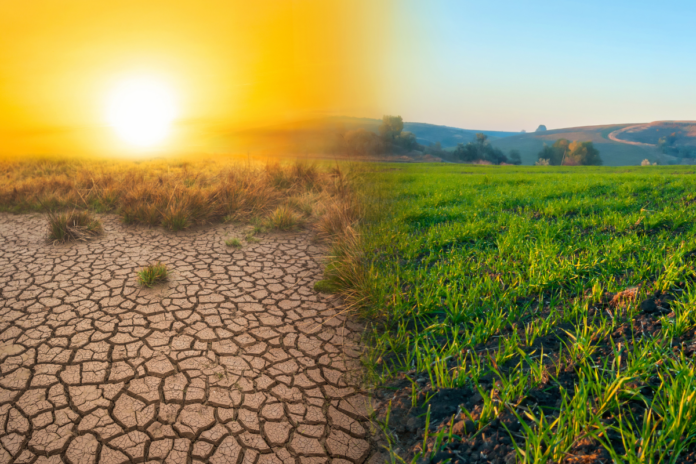The produce industry is a key part of the global food system, providing fresh and nutritious products for hundreds of millions worldwide. Unfortunately, this important segment of the food system also has several sustainability issues that must be addressed to ensure its long-term health.
Silo provides a solution that helps the produce industry tackle even the most pressing sustainability challenges. Silo’s adaptive technology allows buyers, sellers, growers, and shippers to make informed decisions to ensure sustainable practices across the food supply chain.
Through Silo’s cutting-edge solutions, companies can track their resources in real-time and gain valuable insights into their operations and performance. Silo’s services provide tangible strategies for improving resource utilization and reducing waste, leading to a more reliable and sustainable industry.
From climate change to water management, from soil degradation to packaging waste, sustainability challenges in the produce industry are many and varied. In this blog, we’ll explore the 12 key sustainability problems facing the produce industry today, their causes, and potential solutions.
Key sustainability problems in the produce industry
The produce industry is responsible for providing vital food sources to consumers worldwide. Unfortunately, it faces several sustainability challenges that can cause significant problems for the environment and people. Here are key sustainability issues facing the produce industry, each of which requires attention and solutions:
1. Water usage
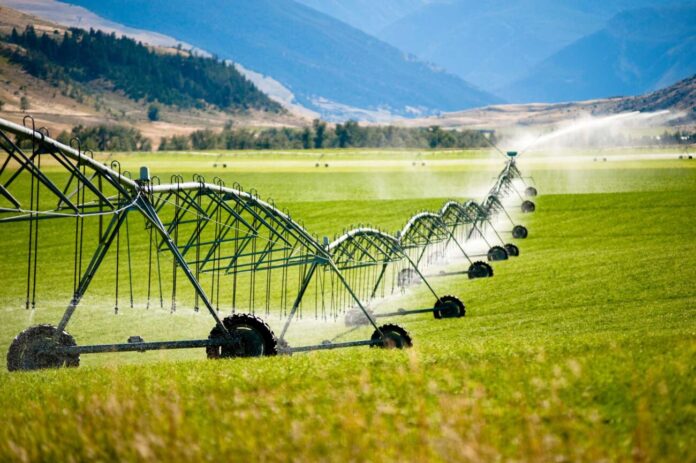
Water shortages are an increasingly common problem in many areas, and the produce industry needs to conserve water wherever possible. This includes using more efficient irrigation methods and reducing the water used when washing, packing, and transporting produce.
Produce industry operations require vast amounts of water. The challenge is to ensure adequate water supplies for essential crops while minimizing the environmental impact of such usage.
Poorly managed consumption and runoff can lead to accelerated soil erosion, harmful algal blooms caused by excessive nutrient loading, and reduced water quality downstream from agricultural sources.
To better manage this key sustainability problem, growers must implement sustainable practices that reduce water usage while supporting crop growth and yield.
2. Pesticides
The use of pesticides in growing fruits and vegetables can have a negative impact on the environment and people’s health. Producers must ensure that they are using the least toxic pesticides possible while also exploring alternative methods, such as biological controls, to reduce the need for them altogether.
The use of pesticides in the produce industry is a key sustainability problem. The main concern with pesticide use is that it can cause significant environmental damage, including water and soil contamination, as well as harm to wildlife.
Additionally, these chemicals can be toxic to humans if ingested in large amounts or over extended periods. This has led to increased public scrutiny of the use of pesticides in agriculture and increased demand for more sustainable agricultural practices.
3. Soil quality
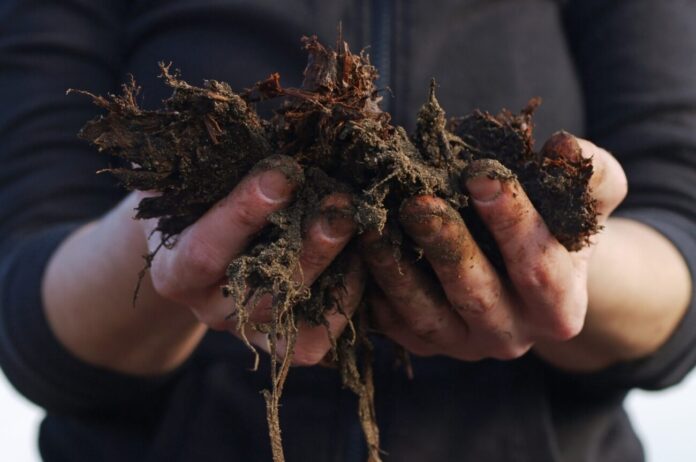
Soil quality is a key factor in producing high-quality and nutritious crops. Poor soil quality can lead to reduced yields, higher rates of crop failure, and increased vulnerability to pests and disease. It also strains the environment as fertilizers, pesticides, and other chemicals are used to improve fertility.
For the produce industry, soil degradation is an issue of sustainability. A shift from unsustainable methods to more sustainable practices can help improve and maintain soil quality, leading to higher yields, healthier crops, and a more secure future for the industry.
4. Climate change
Climate change is one of the key sustainability problems in the produce industry. As temperatures rise, increases in extreme weather events are becoming more common and impacting crops, increasing production costs and reducing yields.
Climate change also impacts water availability for irrigation, pest pressure, and soil health, making it difficult for farmers to maintain their livelihoods. Moreover, weather patterns can disrupt the average harvest and post-harvest cycles, resulting in lower-quality produce and reduced shelf life.
5. Packaging waste

Packaging waste is a significant issue in the produce industry, as much is in landfills or incinerators without being recycled or reused. Producers should strive to use more sustainable packaging materials such as cardboard and paperboard, as well as reduce their overall packaging needs where possible.
6. Food waste
An estimated 40% of the food produced in the US ultimately goes to waste, and producers must take steps to reduce this. This includes educating consumers on how to properly store and prepare to produce and donate surplus items to charities or food banks.
7. Food safety
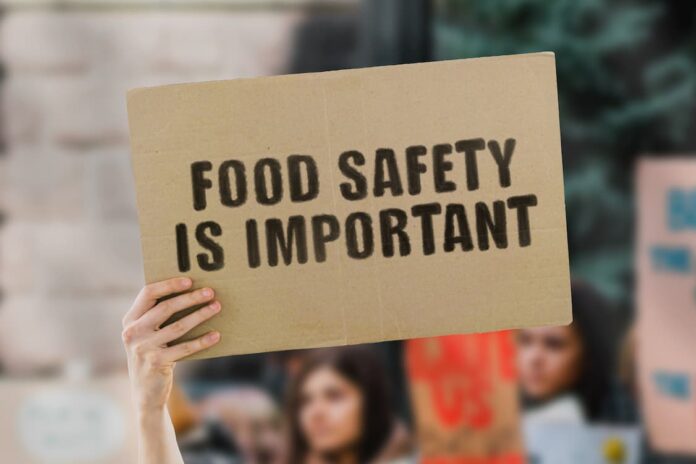
The safety of products is essential for protecting public health. Producers must implement rigorous safety protocols, such as testing and inspecting produce for contaminants, to ensure that only the safest items reach consumers.
8. Labor standards
Many producers rely on labor to produce their goods and must adhere to proper labor standards. This includes ensuring fair wages, safe working conditions, and humane treatment of workers.
9. Biodiversity
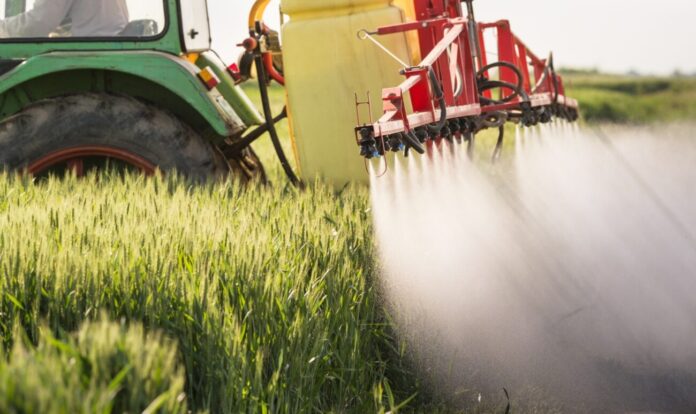
The produce industry is responsible for protecting biodiversity in its operational areas. This includes preserving natural habitats and avoiding the introduction of invasive species, as well as promoting crop diversity to increase resilience.
10. Transport emissions
The produce industry is one of the most significant contributors to global greenhouse gas emissions, with transport being a major source. This is due to long-distance shipping and transportation of goods, resulting in the extensive use of fossil fuels and, thus, high pollution rates. As such, companies within this sector need to come up with solutions that limit emissions from their operations.
11. Supply chain transparency
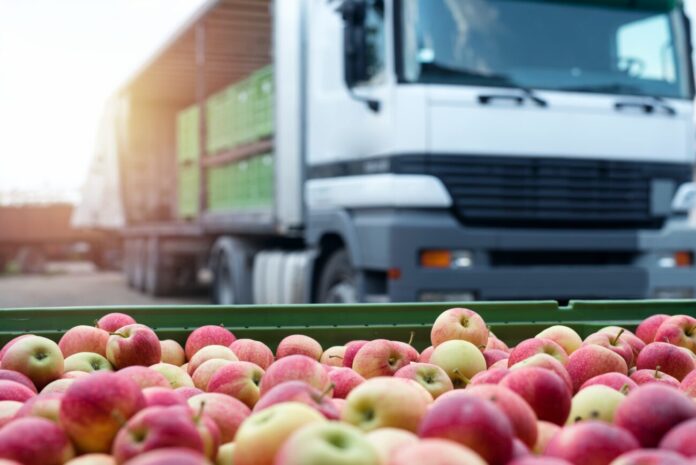
Consumers have the right to know where their food comes from, and producers must ensure that their supply chains are transparent and traceable. This includes providing detailed information about suppliers, labor standards, and safety protocols.
12. Social equity
Producers should strive to create a fair and equitable system that benefits all stakeholders, including growers, workers, and consumers. This includes providing access to resources such as health care, education, and training to ensure that everyone is adequately compensated for their work.
Conclusion
By addressing these key sustainability issues facing the produce industry, producers can help protect the environment while providing safe and nutritious food to consumers.
By implementing sustainable practices, producers can ensure that their product is produced ethically and responsibly. Producers need to take action now to ensure the long-term sustainability of the produce industry.

